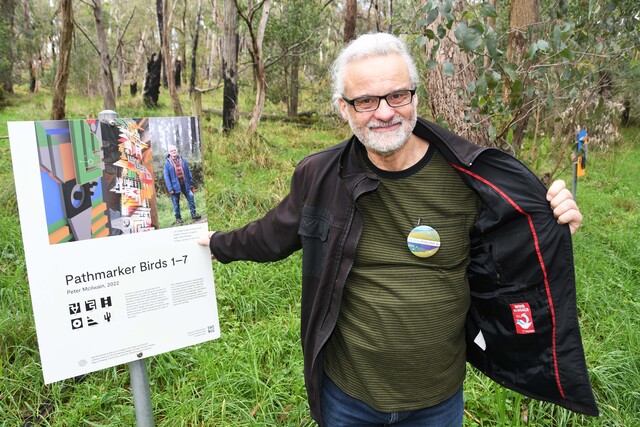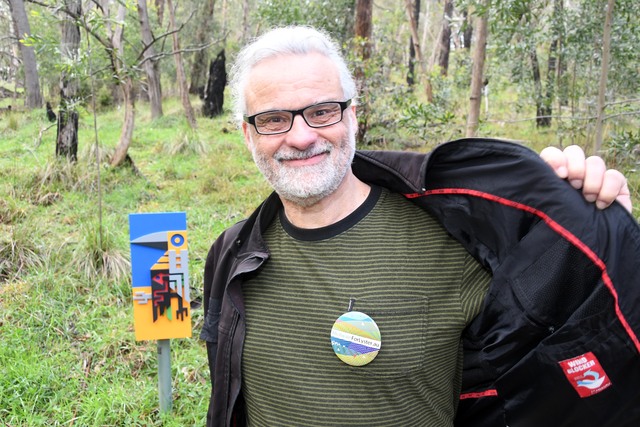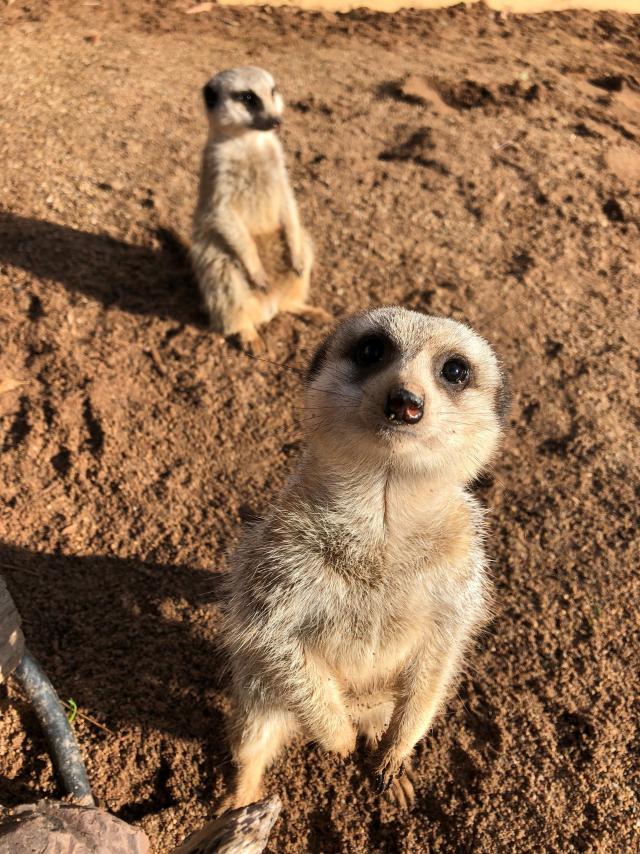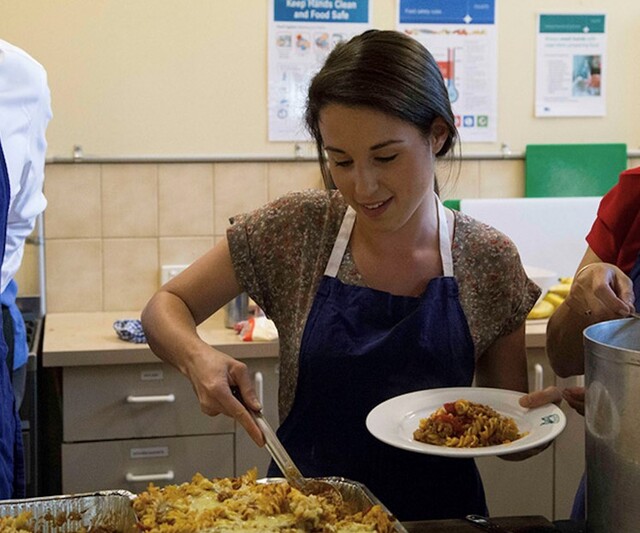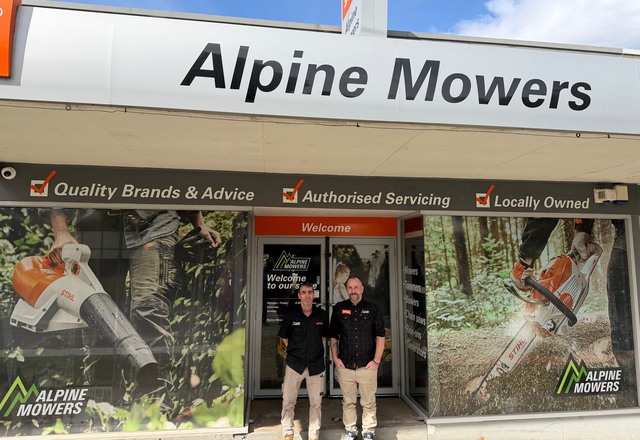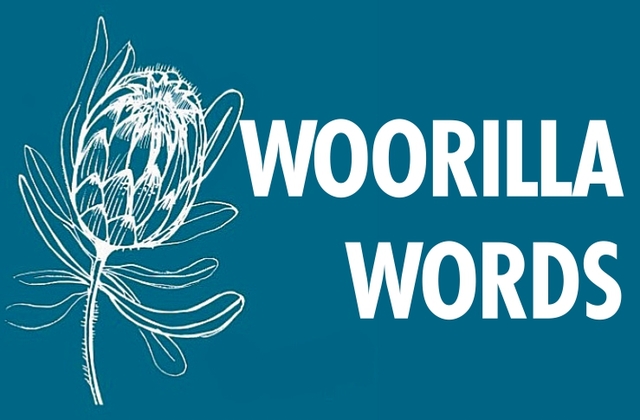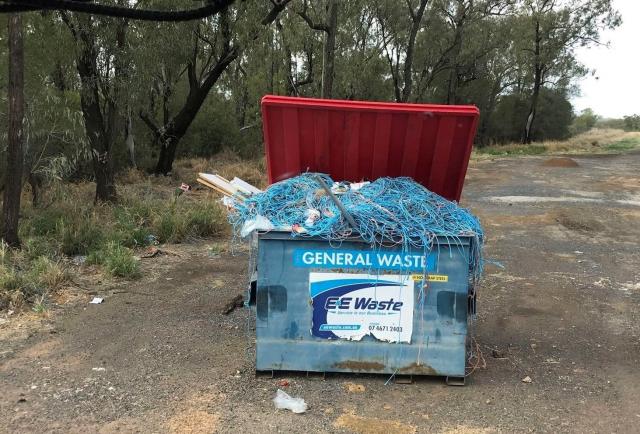A well-known artist Peter Mcilwain is one the three new candidates going for Lyster ward this election.
Mr McIlwain envisions a council and community that has the information and resources necessary to address the impact of climate change now and in the future utilising innovative and practical solutions and best practice in technology, resources, and management – a supportive society where difference is valued and where everyone flourishes culturally and economically.
His journey in the world of artistry began 40 years ago as a layout artist for a publishing house in Adelaide while also writing and performing music, he’s now shifting his focus to politics.
He has lived in Lyster ward for about 20 years, raising his son, Tate, who is also a local and plays in bands and works at the tavern.
“We feel deeply connected to the community, during my time here, I taught music composition at Monash University and conducted significant research in computer art and processing systems as part of my work in music,” Mr McIlwain said.
“Over the past five or six years, I’ve led initiatives like sound walks and contributed to Storm Recovery committees, building strong connections with local residents.”
The 62-year-old said his engagement with the community through art projects has evolved naturally – focusing on participation while also staying committed to professional work.
“Living in Lyster ward, I’ve witnessed the direct impacts of climate change, such as blackouts and flooding, having nearly lost my home to fire 15 years ago, I’m committed to protecting our environment and ensuring community safety and well-being,” he said.
“I’m also concerned about the growing divisiveness in politics, many people express distrust towards elected officials, which leads to increased isolation, but I believe in nurturing participatory democracy, to ensure community voices are prioritised.”
“In my campaign, I emphasise that I’m not a saviour, but I am dedicated to making a difference, I focus on collaboration, asking, “How can we, as a community, address our challenges together?” That’s my mission.”
In the late 1980s and 1990s, he studied music composition at The Elder Conservatorium under pioneers Tristram Cary and Graeme Koehne, creating works for ensembles and orchestras and exploring electronic music, particularly multichannel sound.
In the early 2000s, he became a lecturer in music composition and technology at Monash University, co-founding the Centre for Electronic Media Art, there he worked on generative art and the large-scale multimedia project VRoom in collaboration with Museums Victoria, involving 3D back projection and a 32-channel sound system.
As a freelance artist, Mr McIlwain have worked on multimedia installations like “Imaginary Ornithology” for Burrinja Cultural Centre and a project for Circus Oz at the Melbourne Arts Festival, both requiring significant technical coordination.
In recent years, the artist has focused on visual mediums while recovering from illness, exploring digital art, painting, and printmaking.
His key priorities as a councillor if elected are, inclusive, participatory democracy –meaning promoting integrity in how local government operates, ensuring that community voices are heard and valued in decision-making; climate change preparedness – meaning he’ll advocate for increased public discussion and planning around climate change, equipping community with the knowledge and resources needed to face future challenges and finally utilizing artificial intelligence – which he’ll aim to encourage the council to increase in investing in AI to navigate the complex landscape of rules and regulations.
“With my background in computer research, including early work on neural networks for music generation, I have the expertise to oversee the integration of AI in a way that truly benefits our community, this experience positions me to distinguish between effective technology and mere buzzwords, ensuring meaningful advancements in our local governance,” he said.
“Many people I’ve spoken with are excited about the prospect of having a professional artist on the council, this perspective is unique, as council members often come from backgrounds in emergency services, business, or community groups – my artistic background allows me to approach local governance differently.”

